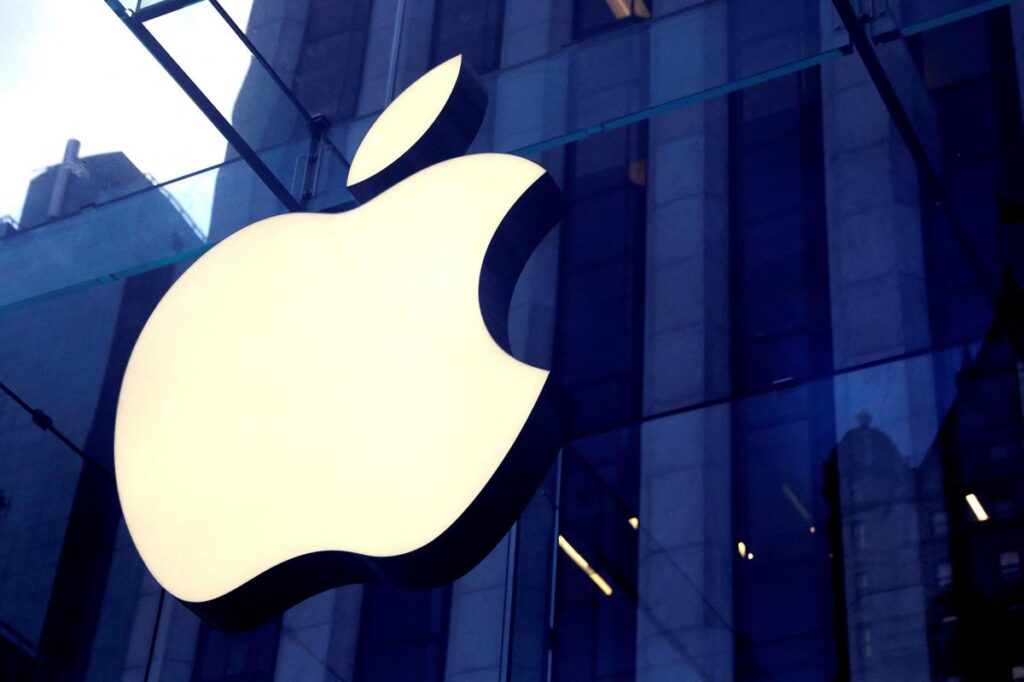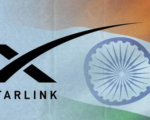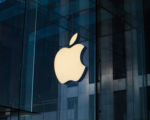Competition Commission of India Scraps All Reports Related to Apple Antitrust Investigation

CCI Requests Return of All Reports from Apple’s Opponents in Antitrust Case
India’s Competition Commission (CCI) has made an unexpected move by ordering the recall of all reports related to its antitrust investigation into Apple. This investigation, which has been ongoing since 2021, alleges that Apple violated competition laws by exploiting its dominant position in the app market. The key issue revolves around Apple’s requirement for developers to use its proprietary in-app purchase system, which imposes fees as high as 30 percent.
The decision to recall the reports comes after Apple raised concerns about the disclosure of sensitive commercial information to its competitors. Among those who received the reports are companies like Match Group, the owner of Tinder, which is involved in the antitrust proceedings. Apple claimed that the leaks compromised its trade secrets and gave undue advantage to its rivals.
The CCI’s order, issued on August 7, is seen as a significant setback in a case already plagued by delays. The investigation had been scrutinizing Apple’s business practices and whether they constituted an abuse of market power, potentially harming competition and innovation in the app industry.

The recall of the reports is intended to address Apple’s concerns, but it will inevitably lengthen the duration of the investigation. The process, which aims to determine whether Apple’s practices are anti-competitive, has already faced numerous setbacks and procedural delays since it was initiated.
This development underscores the complex nature of antitrust investigations in the tech industry, where issues of confidentiality and competitive fairness are frequently contentious. As the CCI works to resolve these issues, the broader implications for Apple’s business practices and regulatory compliance will continue to unfold.
The case highlights the ongoing global scrutiny faced by major technology companies regarding their market practices. The outcome could set important precedents for how antitrust laws are applied to tech giants and their influence over digital marketplaces.




















